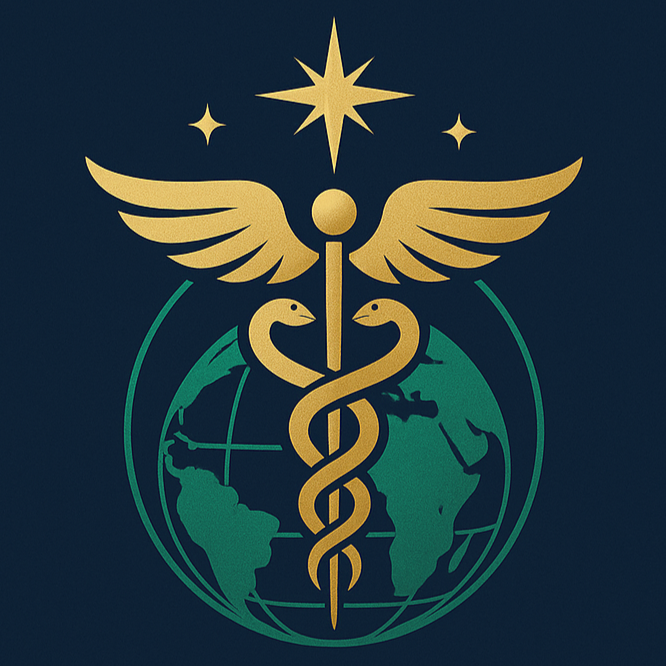Who Can Benefit from Reproductive Medicine? 生殖醫學適用族群
1. Couples or Partners with Infertility
For those who have struggled to conceive naturally, fertility treatments can offer hope. Commonly used technologies include in vitro fertilization (IVF), intrauterine insemination (IUI), or treatments targeting specific causes:
-
Female factors: Ovulation disorders, polycystic ovary syndrome (PCOS), blocked fallopian tubes, endometriosis, advanced maternal age, etc.
-
Male factors: Low sperm count, poor motility, azoospermia, erectile dysfunction, etc.
-
Unexplained infertility: When no clear cause is found despite multiple tests.
2. Women of Advanced Maternal Age or Decreased Ovarian Reserve
Generally referring to women over 35, who may face decreased egg quality and quantity, lower chances of pregnancy, and higher risk of miscarriage.
Common services: In vitro fertilization (IVF), Egg freezing.
3. Single Individuals Who Wish to Have Children
Parenthood is possible through donor sperm, donor eggs, or surrogacy.
Common services: Egg/sperm freezing, sperm/egg donation combined with surrogacy.
4. Same-Sex Couples Who Wish to Have Children
Same-sex couples can achieve parenthood through sperm or egg donation and gestational surrogacy.
Common services:
-
Lesbian couples: Use donor sperm for IUI or IVF.
-
Gay couples: Combine donor eggs with gestational surrogacy.
5. Families with a Risk of Genetic Disorders
Preimplantation genetic testing (PGT) is used to screen embryos for genetic diseases and select healthy embryos for implantation, helping prevent inherited conditions in the next generation.
6. Cancer Patients or Individuals Undergoing Fertility-Threatening Treatments
Before chemotherapy, radiotherapy, or major surgeries, individuals may preserve fertility by freezing eggs, sperm, or embryos.
7. Individuals Wishing to Delay Parenthood
Ideal for those with career goals, no suitable partner yet, or simply wishing to preserve fertility.
Common services: Egg freezing and sperm freezing.
8. Individuals with Recurrent Miscarriage or Implantation Failure
Through advanced fertility assessments and treatments, underlying causes can be identified and success rates improved.
Common services: Embryo genetic screening (PGT-A / PGT-M).
1. 不孕症夫妻或伴侶
- 女性因素:如排卵障礙、多囊卵巢症候群(PCOS)、輸卵管阻塞、子宮內膜異位症、高齡等。
- 男性因素:如精子數量不足、活動力差、無精症、性功能障礙等。
- 原因不明的不孕症:經多次檢查仍找不到明確原因者。
2. 高齡女性或卵巢功能下降者
通常指35歲以上的女性,卵子品質和數量下降,懷孕機率降低,流產風險增加。常用技術服務:試管嬰兒、卵子凍存
3. 單身者希望擁有子女
單身女性以及男性透過捐精、捐卵、代理孕母等方式實現生育目標。常用技術服務如:卵子/精子凍存、捐精/捐卵+代孕
4. 同性伴侶希望擁有子女
透過捐精、捐卵、代理孕母等方式實現生育目標。常用技術服務:
- 女同志伴侶:使用捐精進行人工授精或試管嬰兒。
- 男同志伴侶:結合捐卵與代理孕母。
5. 有遺傳性疾病風險的家庭
利用胚胎著床前遺傳診斷 (PGT) 篩選健康胚胎,避免遺傳疾病傳給下一代。
6. 癌症患者或其他需接受影響生育治療的人
在接受化療、放療或重大手術前,進行卵子、精子或胚胎冷凍保存,保留生育能力。
7. 想延後生育的族群
包括事業規劃中、尚未找到適合伴侶或想凍齡的個人。卵子冷凍(凍卵)和精子冷凍是常見選項。
8. 曾多次流產或胚胎植入失敗者
透過進一步生殖醫學檢查與治療,找出問題並提高成功率。常用技術服務:胚胎遺傳篩檢(PGT-A / PGT-M)。

